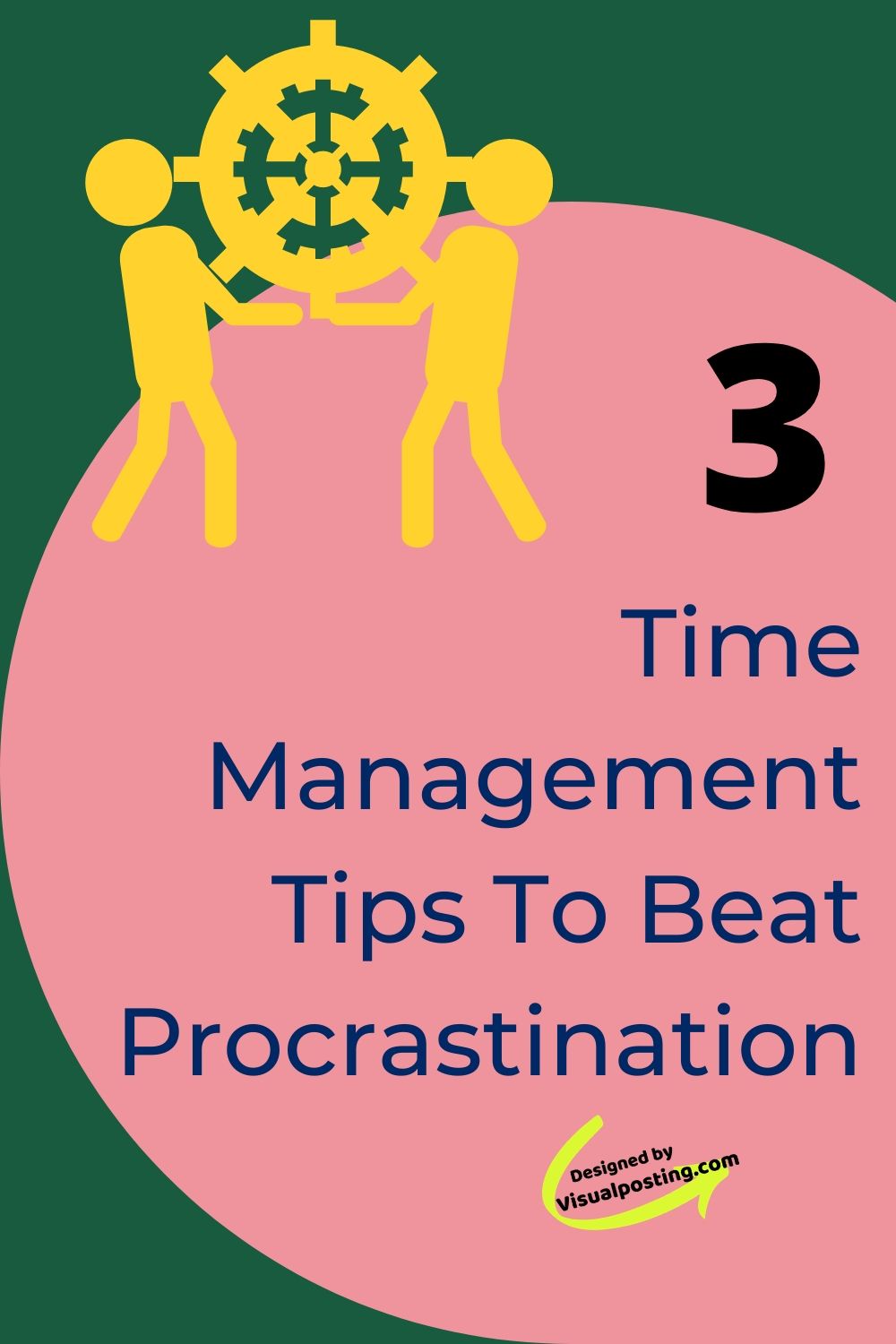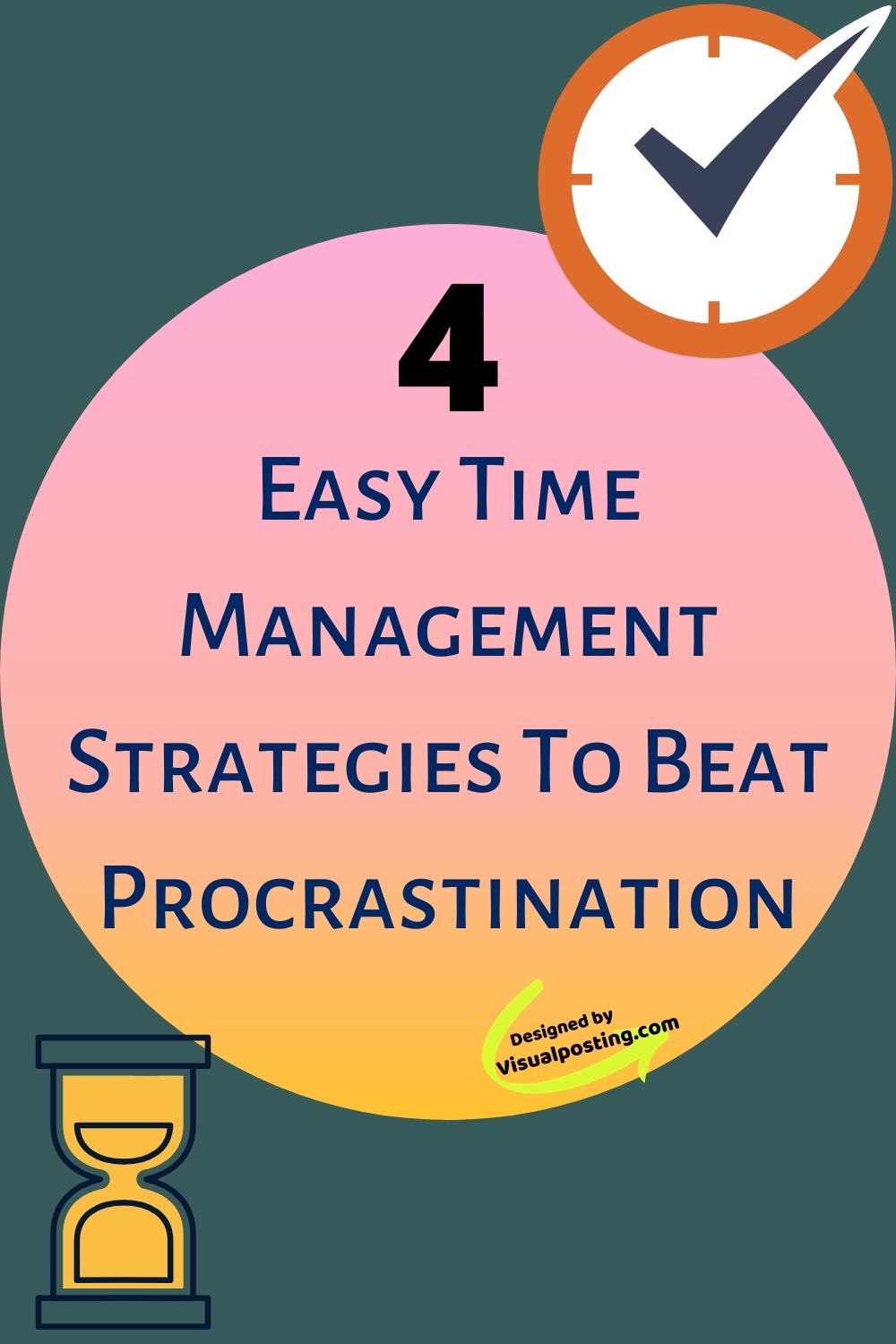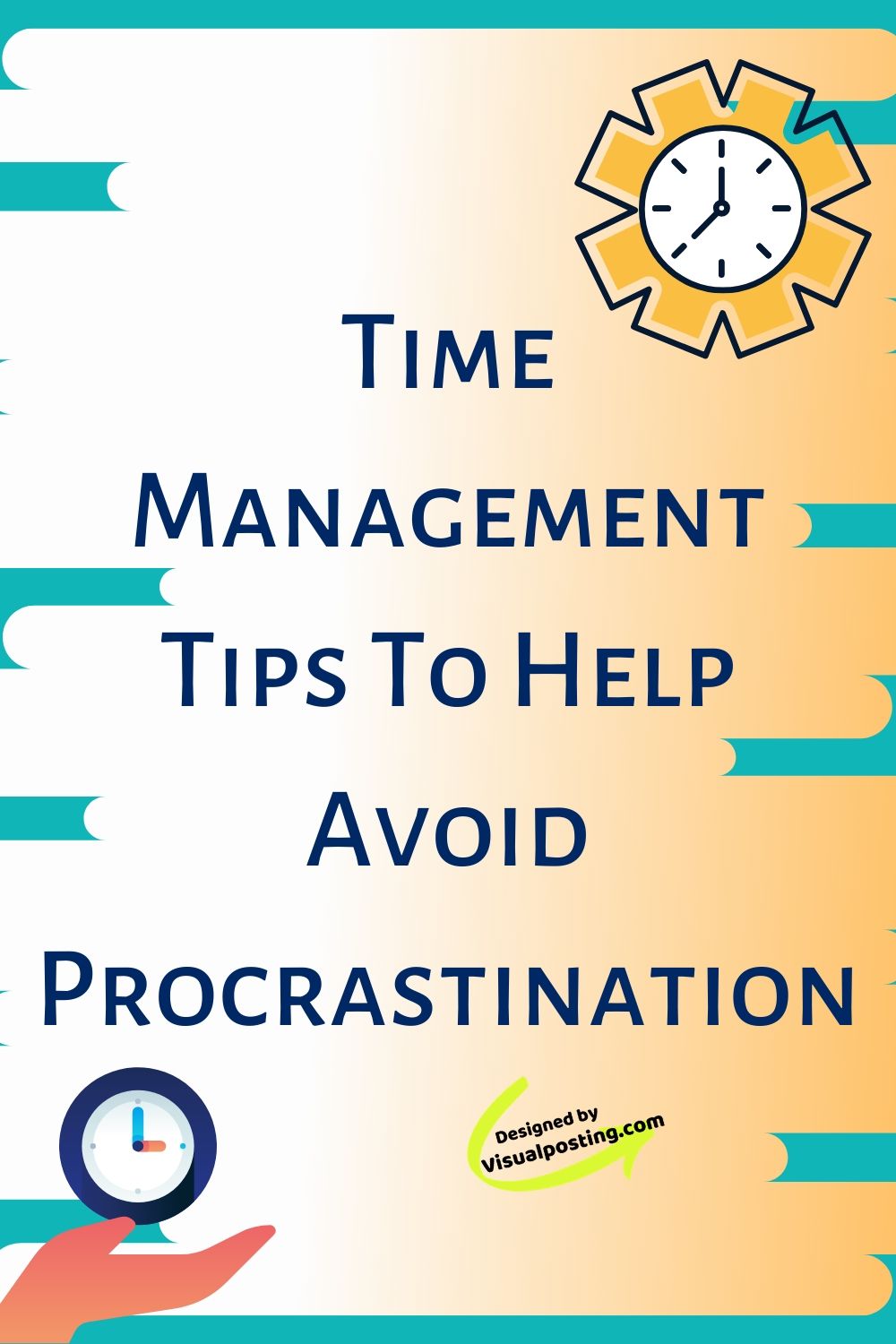
1. De-cluttered Workplace
A cluttered workplace can be a big distraction. Too many objects including stationery items, gadgets, or any sorts of clutters on the table can divert your attention. You may find something of interest to you. For instance, if you see a book, you will start flipping pages or start reading things. Your focus changes here. Clean your Workspace before you sit to work. Preferably, look for a secluded and comfortable place to begin your work.
2. Schedule & Prioritize
Scheduling and prioritizing are simple yet effective time-management techniques to overcome procrastination. If you don't know where to start, then start prioritizing your work. It should give you baby-steps to begin a job. Track down little things related to your task. Start with it. Schedule and prioritize based on what's important, and what needs immediate attention. Besides, add the closest task that can be completed. Maintain a little notebook for it.
3. Better Idea than Avoidance
This is a simple technique for your brain. Your brain can sense boredom. If you can sense dis-interest. As a result, it keeps doing the same thing, again and again, i.e. triggers the feeling of procrastination. Feed your brain some positive actionable thoughts. Whenever your brain triggers the thought of 'Let's procrastinate', divert it by giving valid ideas. Don't give the thoughts of 'Postpone' or 'avoid it'.
The three reasons we discussed here are the best time-management techniques to beat the procrastination habit. The reasons can help you with bringing productivity. We hope that these points will help you to think through procrastination and follow simple ways to overcome it.

1. Get Started somewhere
You cannot procrastinate in the long run. The habit leads to a level where your reputation can be at stake. If you don't find anywhere to start, it's fine. The next day, work something out. Analyze the task in hand. See what you can do about it. Instead of postponing, look for ways to begin somewhere. It can be as little work as 'creating a folder for your work. Do simple tasks like writing in your planner, or talking it with your colleagues. Begin somewhere.
2. Take Little Breaks
Celebrate little achievements. Take little personal breaks. If you feel like you are triggered to procrastinate, divert your thoughts. Go out. Listen to music. Get some fresh air. Do things you like. Settle yourself and begin fresh. Don't let the feeling of procrastination take shape.
3. Stop Notifications for a While
Social media, smart-phones, gadgets, and notifications divert the attention highly. Once you are addicted to them, you will automatically procrastinate with the work in hand. Before you begin to work, mute or turn off notifications for a while. It'll help you get started without any disturbance.
4. There's 'No' Perfect time
There is no 'perfect time' to start work. Waiting for "prefect-timing" is one of the common reasons behind procrastination by individuals. Don't wait for a perfect moment or perfect day or perfect time to start your work. Don't use this as an excuse.

1. "Active" in Your Spare Time:
Have a few hours of spare time every day. If you feel like you are procrastinating or very hesitant to start any work, close it as of now. Find some spare time in any part of the day. Work in spare time. The point is, instead of procrastinating, you can try different things in the same area in which you are working. Be active in those spare times with related work. practice this technique.
To better explain the concept, let's see an example.
Example: Imagine yourself as an artist. You keep procrastinating' a project due to lack of inspiration or motivation. Hence it becomes difficult to start the work. To begin with, find a few hours of spare time in any part of the day. Instead of focusing on the project, relax your mind. Take a canvas or journal and start drawing or coloring whatever comes to your mind. By doing so, you get to hit the brain's refresh button. You can get some ideas if you focus on yourself instead of postponing or ignoring it. Over time, you might get a spark to start.
2. Divide the work into little chunks:
Big tasks can be overwhelming. In due time, you start to feel total exhaustion. Likewise, big works bring starting troubles. Eventually, people start to procrastinate. So divide the works into little chunks. Break them into little actionable tasks. Divide tasks according to various categories. For instance: divide them based on importance, time-required, resources needed, etc.
3. 'Short-Time' things first:
Work on things that take short-time. In this way, you will not have difficulty to 'begin' the work. Beginning with short-time projects can be a healthy alternate to avert the feeling of procrastination.


